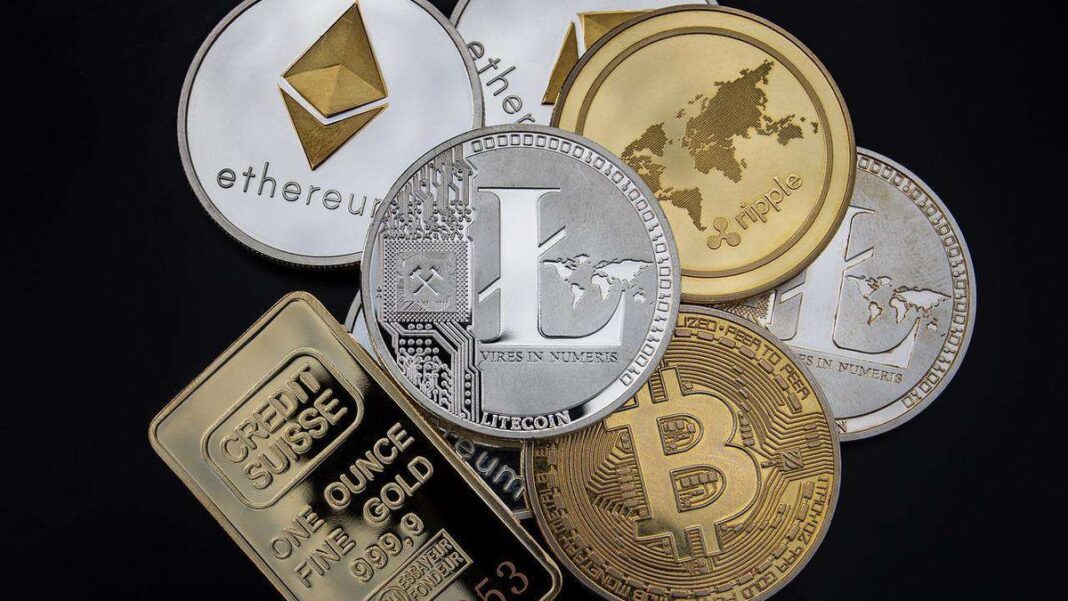A recent European Central Bank survey showed that one in 10 euro zone households now owns crypto-as a form of digital currency. While many people support this type of currency, others question whether it is the right way for the ECB to regulate it. In the accompanying article, we examine the Legitimacy dilemmas and the politicization of the ECB.
ECB’s ability to weather the worst parts of the crisis
The ECB’s ability to weather the storm of Europe’s economic crisis will be the focus of a virtual meeting of the Governing Council on Thursday. In it, ECB President Christine Lagarde will be emphasized as she wants to avoid the fragmentation of the euro zone and tightening financial conditions. But a more important issue will be whether the ECB will allow itself to be too accommodative.
In this article, I map existing attempts at politicizing the ECB, and suggest an alternative approach based on central bankers’ preference for policy-making. I propose three operationalization strategies for ECB politicization: interviews with central bankers, study of their networks, and language analysis. In addition, I discuss a policy proposal that I believe is a good fit with the current political climate.
While there are many challenges facing the ECB at present, the PEPP bazooka aims to counter the emergence of energy-related inflation. It is a credible bulwark against unwarranted tightening of financial conditions. In addition, the euro zone economy is in a tailspin: business activity surveys in April reached record lows and the German Ifo Index has never been lower. Many economists are predicting the worst recession since the 1930s.
The ruling from a German court is a warning against ECB’s favored ammunition during the upcoming crisis. The ECB may find itself in a legal hot-spot if it continues to use such tactics. It may also weaken the European Union, which already struggles to demonstrate economic solidarity in the face of COVID-19. The richer north of the EU will likely weather the storm easier than the poorer south.
A closer proxy than banker networks is the ECB’s language. This analysis of ECB’s language is an indirect way to measure politicization. However, this method may suffer from the same issues with truthfulness as interviews. In other words, it may underestimate how much the ECB is influenced by the voices of its members. If this is the case, then the ECB has been politicized.
Lagarde’s ability to navigate tensions with the United States
Christine Lagarde’s tenure in Washington, DC was not without controversy. However, her tenure as managing director of the IMF was far from a disaster. She was able to navigate the many political and economic tensions while retaining her independence and competence. Her successor will have to work with a new administration in Washington, which may make it challenging, but will benefit the entire world in the long run.
There are a number of concerns about Christine Lagarde’s ability to navigate tension with the United States. One of those concerns is the ECB’s outlook. The ECB’s prospects for a rate hike in the fourth quarter remain uncertain. However, Lagarde has pledged to take whatever action is necessary to stabilize the euro zone’s economy. The current outlook is a mixed bag, and Lagarde may need to adjust her stance to make that happen.
Another concern is Christine Lagarde’s role in navigating the Bernard Tapie case. While a member of the Center for Strategic and International Studies, Lagarde served on a commission to facilitate the sale of 48 Lockheed Martin jet fighters to Poland. This was seen as a conflict of interest by some observers, but her appointment as France’s highest-ranking official won her high praise and the support of President Jacques Chirac.
ECB’s politicization
As an outgoing board member of the European Central Bank, Benoit Coeure recently defended the ECB’s politicization of cryptocurrency. He has saved the 19-country currency union from a debt crisis by inventing a number of instruments aimed at reducing borrowing costs. These instruments have largely succeeded, although critics have argued that they are overstepping the ECB’s mandate.
ECB’s politicization of cryptocurrency is not surprising, however, as the cryptocurrency industry has undergone significant growth. The ECB’s decision to make cryptocurrency a target for its new anti-money laundering program has raised fears of a future war with crypto-assets. The ECB is clearly aiming to curb the potential risks for investors by regulating the market and preventing money laundering.
